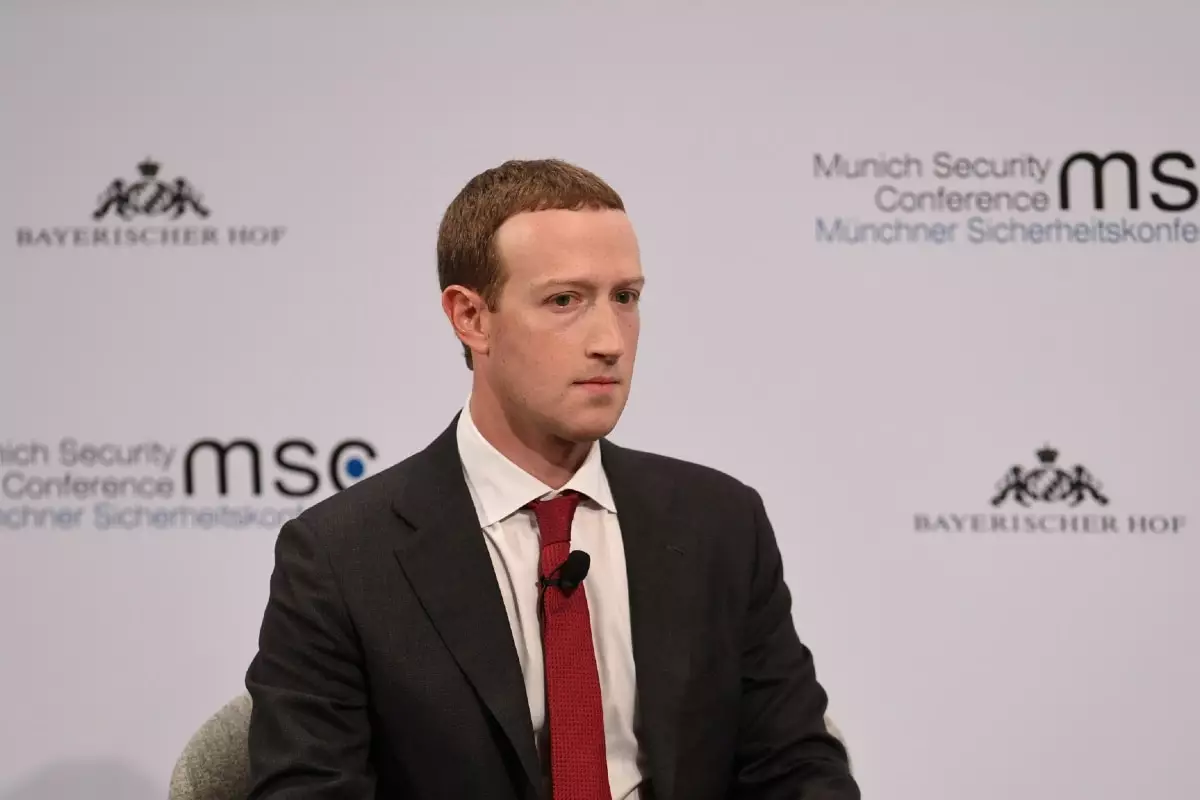Mark Zuckerberg, the CEO of Meta Platforms Inc., is currently facing two dozen lawsuits that accuse his company and other social media platforms of addicting children to their products. In a recent hearing in California federal court, Zuckerberg defended himself against being held personally responsible in these lawsuits. A ruling in his favor would dismiss him as a personal defendant, potentially setting a precedent for similar cases against other CEOs in mass personal injury litigation.
Corporate law traditions often shield executives from liability, especially in larger companies where decision-making is distributed among layers of management. This poses a challenge for holding Zuckerberg personally responsible for the allegations against Meta. Despite facing claims from young people and parents that he ignored warnings about the safety of Instagram and Facebook for children, Zuckerberg’s legal team argues that being a CEO does not automatically translate to personal liability under the law.
Plaintiffs in the lawsuits against Meta argue that Zuckerberg, as the face of the company, has a duty to speak truthfully about the risks posed by their platforms to children’s health. They emphasize that with great power comes great responsibility, citing the Spider Man comics in their court filings. However, Zuckerberg’s lawyers contend that he did not have an obligation to disclose safety findings that were allegedly reported to him. They rely on legal precedent to argue that executive status does not equate to personal liability for corporate actions.
During the hearing, US District Judge Yvonne Gonzalez Rogers challenged the plaintiffs to establish a legal basis for holding Zuckerberg personally accountable for the safety information on Meta’s platforms. While she appeared sympathetic to the argument that Zuckerberg could be liable for concealing information as a corporate officer, she questioned the specific laws that would support this claim. The judge also discussed the varying state laws governing corporate officer responsibility and their application to Zuckerberg’s case.
As Meta’s most significant shareholder and the individual with sole voting control, Zuckerberg is not only under fire in the current lawsuits but also faces potential personal liability in a separate 2022 lawsuit over the Cambridge Analytica data privacy scandal. The scrutiny on executive liability typically hinges on demonstrating involvement in decision-making or knowledge of the practices at issue. While it may be easier to assign liability in smaller companies, at larger corporations like Meta, proving direct control over decision-making becomes a central point of contention.
Social media platforms have attracted increased scrutiny for their impact on young people’s mental health and their role in disseminating inappropriate content. The recent Senate hearing where Senator Josh Hawley questioned Zuckerberg regarding personal compensation for victims of online exploitation highlights the growing calls for executive accountability in the tech industry. Zuckerberg’s rare apology to the victims’ families underscores the pressure on social media companies to address these concerns.
Mark Zuckerberg’s legal battle to avoid personal liability in lawsuits against Meta Platforms Inc. and other social media companies underscores the complexities of executive responsibility in the digital age. As the legal landscape evolves, the outcome of these cases will have broader implications for corporate governance and accountability within the tech industry.


Leave a Reply